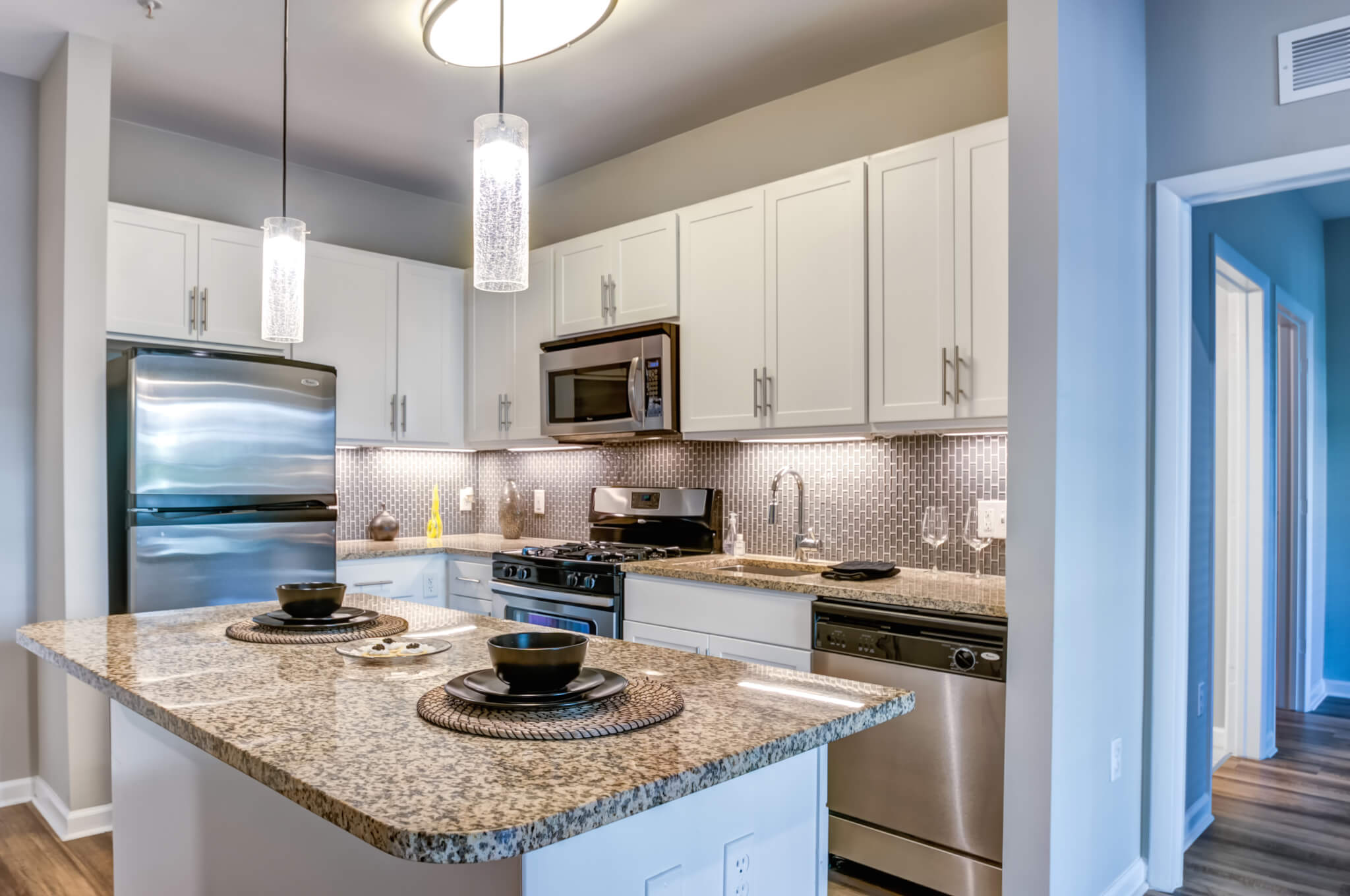By Elie Rieder, CEO, Castle Lanterra Properties
I often get asked how young renters today differ from their predecessors and how do we as an owners and operators keep up with their changing needs, priorities and desires?
Generation Z, as they have become known, is the demographic succeeding the Millennials, and researchers typically use the mid- to late-1990s as starting birth years. As children of Generation X (and sometimes Millennials or Baby Boomers), members of Generation Z have used digital technology since a young age and are very comfortable with the Internet and social media.
The peculiar and defining element of the Z crowd is that they will be the first generation to be fully integrated in immediate access to all information and entertainment, which is a distinction that cannot be underestimated. They have never had to wait for information or entertainment, and they do not understand what it is like to be without them.
Although VERY green, Generation Z are also more likely to want their own vehicle so that they can be more independent then Millennials, who have relied more on ride sharing and ride-hailing apps like Lyft and Uber. This group is expected to want more individuality, which is seemingly contradictory when connectivity will be their highest interest.
Smart homes are a gimmick to previous generations but a must for Generation Z, as conservation and control are simply standard with them. Homes will have to include these concepts even though this new generation may be less likely than others to pay a premium for these features, as it will be the base expectation vs. a differentiator for them.
Smaller units or shares of two- or three-bedroom residences featuring shared common area spaces, amenities and workspaces are more appealing to these renters, who also prioritize energy efficiency and green buildings. They will be more likely to work from home and want more concise spacing. Where common spaces were more for entertaining with Millennials, they will play a dual role as active work and collaboration spaces as well for this new generation.
Co-housing is likely to become more important with Generation Z. Recently, we saw a Washington-DC apartment community with a roommate matching service link placed right alongside their leasing information on their website.
With more flexible work hours and remote opportunities – likely increased due to the long-term impact of the current COVID crisis – access to entertainment, dining and other people in their age group will be more important in location choices for this generation than access to interstates or possibly even public transportation. Culture, connectivity and proximity to similar people will be the draw vs. a location on a map.
True walkable, live-work-play locations are key, which usually means very urban. Generation Z is more cost conscious and prudent with money as far as savings and spending habits go than Millennials were at that age. While some of what we think of as amenities are viewed by them as necessities, many are not, and the recent buzz line “affordability is the most valuable amenity” applies to them more then to the generation before them.


